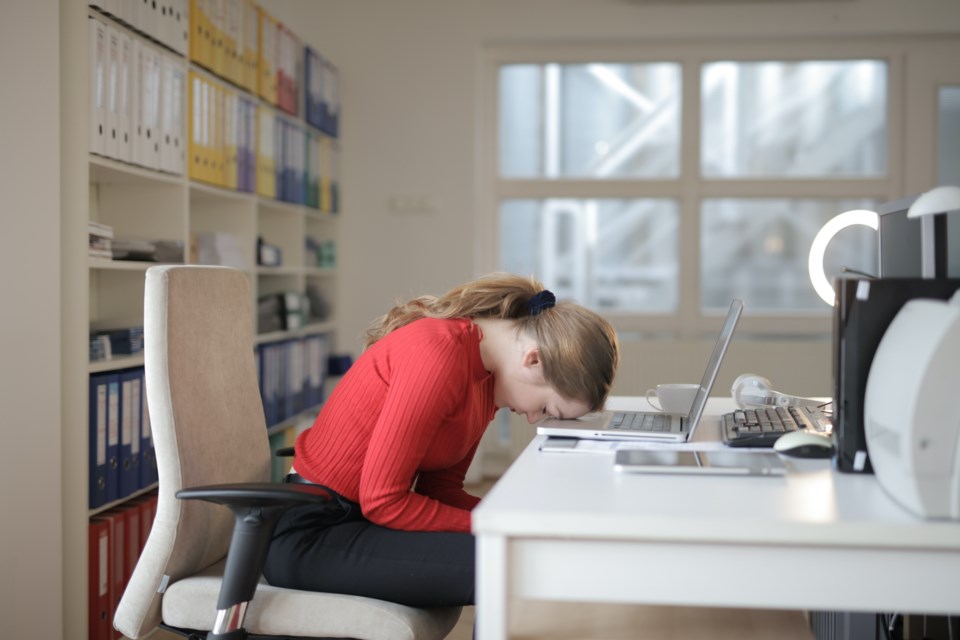During the early days of the pandemic, employees were forced out of the office into their homes to work. Some have returned, but some remain. A recent study suggests that hybrid and remote workers may be more prone to anxiety and depression than their office counterparts.
The Integrated Benefits Institute conducted a study analyzing the impacts of the pandemic on mental health. The results of the study indicated that 40% of fully remote and 38% of hybrid workers reported symptoms of anxiety and depression compared to 35% of in-person employees.
"This report is a thorough examination of a wide-spread mental health issue – experiences of anxiety and depression symptoms. Such experiences can range from mild to severe, and are an important cause of presenteeism, sickness absence and disability," said IBI Director of Research Candace Nelson, ScD, MA. "This research was conducted to provide employers comprehensive and timely facts, so they can better target programs and benefits addressing mental health."
Dr. LaMont Moss M.D. is a psychiatrist with Kaiser Permanente. During the pandemic, he saw many people struggle with their mental health. A big part of that struggle, Moss said, was that people had to adapt to a new routine.
“When it comes to depression and anxiety, people benefit from having routines. They benefit from having meaningful experiences and social interaction and connecting with people,” Moss said.
Not only are these factors important for one’s mental health, but Moss said the physical separation from home life was just as important. Remote workers were unable to leave behind household chores or their roles as parents or significant others during working hours.
“That challenged a lot of people. That brought in a lot of people to see me that, before perhaps, didn’t have depression or anxiety,” Moss said.
Some people reported feelings of being overwhelmed due to the inability to separate being an employee from their home life, which had an adverse effect on people’s mental health, Moss said.
The prospect of returning to the office has caused more anxiety for some as some of their ability to interact with their peers has atrophied. Although these same employees thrived in an office environment just a few years ago, they have been unable to control their anxiety and return to the social setting.
“Working from home takes away some of the validation you get from interacting with people and having your co-workers say ‘Good job.’ It just isn’t the same thing as you’re sitting at your desk all day producing your work,” Moss said.
For those who are working at home, there are a few tips Moss suggests to help with anxiety and depression.
- Build some physical activity into your day
- Establish a routine by getting dressed for work as though you are headed into the office
- Find ways to go and interact with other people
- Look for ways to share your thoughts and feelings with others
“I think there needs to be an honest conversation — in the bigger picture in society — the virtual work world isn’t going anywhere. We need to find ways to support the people who are doing it,” Moss said.



